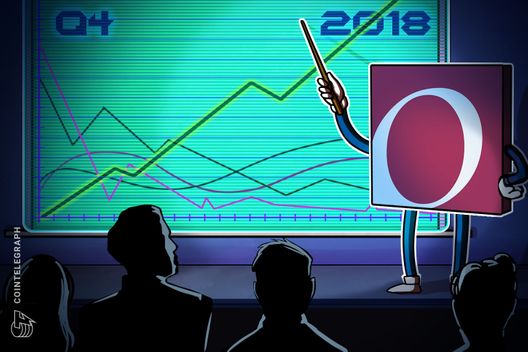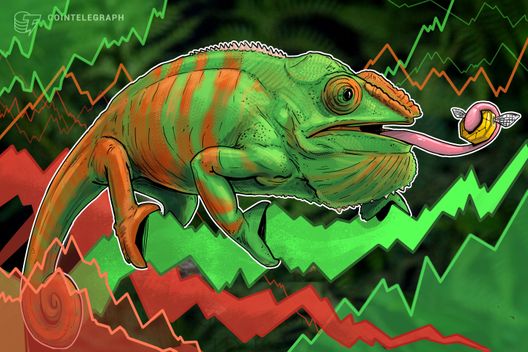Congress announces hearings on stock market in light of Robinhood v. Reddit battle
Both the Senate and the House are looking into Wall Street’s market practices, especially short selling.
115 Total views
2 Total shares

Legislators are responding fast to the madness surrounding Gamestop and AMC shares and the hedge funds selling them short.
On Jan. 28, Chairwoman of the House Financial Services Committee Maxine Waters announced a coming hearing on short-selling. Sherrod Brown, the incoming chairman of the Senate Banking Committee, similarly called for a re-examination of stock market rules.
Short selling has been the subject of widespread controversy as the past two days have seen wild volatility for certain securities, especially Gamestop (GME). Retail traders, communicating via Reddit and buying on Robinhood, have been busy buying up GME in the face of soon-to-expire short positions from several major hedge funds.
Earlier today, Robinhood and a number of other platforms aimed at retail investors cancelled buying on GME, in what many have been calling unfair collusion with the hedge funds in question. Waters said:
“I will convene a hearing to examine the recent activity around GameStop (GME) stock and other impacted stocks with a focus on short selling, online trading platforms, gamification and their systemic impact on our capital markets and retail investors.”
Alexandria Ocasio-Cortez and Rashida Tlaib, who both sit on the House Financial Services Committee, both announced their firm opposition to Robinhood’s action, with AOC calling for a hearing as well.
This is unacceptable.
We now need to know more about @RobinhoodApp’s decision to block retail investors from purchasing stock while hedge funds are freely able to trade the stock as they see fit.
As a member of the Financial Services Cmte, I’d support a hearing if necessary. https://t.co/4Qyrolgzyt
— Alexandria Ocasio-Cortez (@AOC) January 28, 2021
Sherrod Brown expressed a similar sentiment in his announcement: “People on Wall Street only care about the rules when they’re the ones getting hurt.”
Robinhood has already been in the legal hot seat for its practice of re-routing orders to market makers who paid the firm back for the business. They settled charges with the Securities and Exchange Commission for $65 million.
Today’s market chaos seems to have drawn enough attention to merit a sea change in securities laws as they apply separately to retail and institutional investors.









